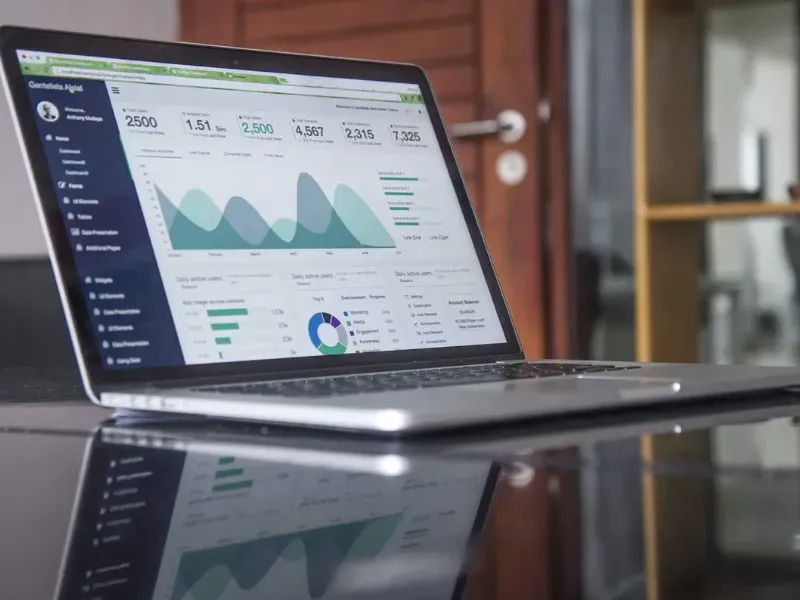What is the difference between organic and paid SEO?

Companies in the building product sector often ask us about whether they should use organic SEO or PPC and which is the most effective.
Organic SEO focuses on achieving rankings in search results without paying a search engine, whereas Pay Per Click (PPC) is about paid rankings. Which is best for your business –organic or PPC - depends on priorities. If you need quick results, such as a page 1 Google ranking, then paid SEO could be a way forward. It isn’t without its downsides, though. More of that later.
When it comes to organic SEO, the results might take slightly longer to achieve, but the benefits continue long after a paid SEO campaign has run its course. With the latter, once you stop paying, the results quickly tail-off. Because of that, organic SEO delivers excellent value for money over the long term. By organic SEO, we mean collateral such as a well written piece of content like a blog or white paper, which can continue to perform in Google for many months, and sometimes years.
As a PR agency that specialises in B2B, with a particular focus on construction and building product manufacturers, we regularly devise paid and organic SEO strategies for our clients. It begins with researching SEO basics for each individual client and then building a strategy to creating optimised content.
We recently worked with a building product manufacturer to optimise their visibility in search results through organic SEO, which generated some impressive results and contributed to them achieving an 8 per cent sales growth over the year. It involved creating optimised content on this client’s website and placing external content.
Another benefit of our SEO strategies, which use content generated from our PR team, is that it attracts backlinks to our client’s site from external websites. These high-quality backlinks - links from one website to a page on your company website - are essential as part of your organic SEO strategy because Google and other search engines consider backlink numbers and source in the search results. Pages with a high number of backlinks tend to have high organic search engine rankings.
The ideal backlink for a building products manufacturer would be, for example, from content on RIBA Journal, Construction News, Building magazine or Architects Journal. These titles not only have a high Domain Authority (meaning Google sees them as highly credible), they are read by your ideal target audience.
As part of an SEO strategy all these benefits add up, resulting in more traffic to your website and with it an increase in sale leads, revenue and rankings.
The really great part of organic SEO is that your business doesn’t have to keep paying for these benefits, like you do when someone clicks on your paid SEO search or PPC (Pay per click).
From a PR perspective, too, organic SEO can help you build positive brand awareness that paid search can never do. Whether builders, contractors or architects are searching for insulation, fibre cement boards, cladding or roofing sheets, we can help your company make a positive first impression by using an effective organic SEO strategy. We make sure you appear at the top of organic search results.
Organic has been shown to be much more highly valued by web users because how many of us have searched for a product on Google and then simply scroll past organisations that appear in the paid section?
Follow the link to find out more about our organic SEO, PR and Content creation services.
Dragonfly PR is a dedicated b2b PR agency based in Sheffield. We work extensively in the construction and manufacturing sectors, helping clients to raise awareness, improve their web rankings and generate sales enquiries. For a no-obligation discussion about your requirements, please call 0114 349 5341 or hello@dragonflypr.co.uk.
#B2B PR agency
#SEO strategy
#PR for building product manufacturers
#PR strategy
#PR agency Sheffield
